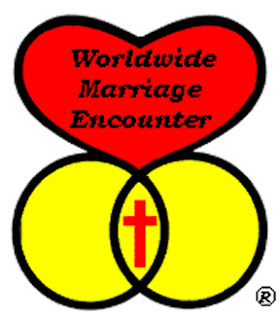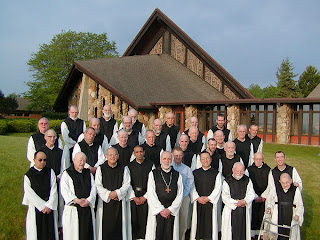Dear Parishioners,
Holy Days of Obligation often come up as a topic needing clarification. In the universal Catholic Church there are ten of these days. However, each individual country is allowed--through its conference of bishops--to decide which days are to be observed and how they are to be observed.
In the USA, the bishops chose to move a number of these Holy Days to be observed on Sunday (such as Corpus Christi and the Epiphany). Still, six are retained on their calendar dates:
· January 1--The Solemnity of Mary, Mother of God
· August 15--The Assumption of the Blessed Virgin Mary
· 40 days after Easter--The Ascension of Our Lord (Ascension Thursday)
· November 1--All Saints Day
· December 8--The Immaculate Conception of the Blessed Virgin Mary
· December 25--Christmas
“Why do we have to go to Church some years and on other years there is no obligation?”
This is perhaps one of the most confusing aspects for almost everyone. Basically, when the Holy Days fall on a Saturday or a Monday—being so close to Sunday—the bishops of the USA removed the obligation to attend Mass on those days. This is true except for The Immaculate Conception and Christmas. We observe these days no matter when they occur.
Now that you are thoroughly confused, I want to make a few final points.
First, if the universal Catholic Church has considered these days holy, then they deserve our attention, consideration and observance no matter when they occur (or whether or not we are required to attend Mass).
Second, I hate to see people become so legalistic that we are constantly looking to see the bare minimum that we need to do for God. We should develop an attitude of generosity toward God and not one of minimum daily requirement. What if God had that type of attitude toward us?
Finally, these holy days should be a reminder for us to try to bring the sacred into our daily routine. There are so many things that can distract us from God in the world today. Recalling and observing these sacred days and the events that they represent are a good way for us to Christianize our lives, family and world.
I hope to see you in Church at Mass on these days.
Fr. Ed Namiotka
Pastor
















